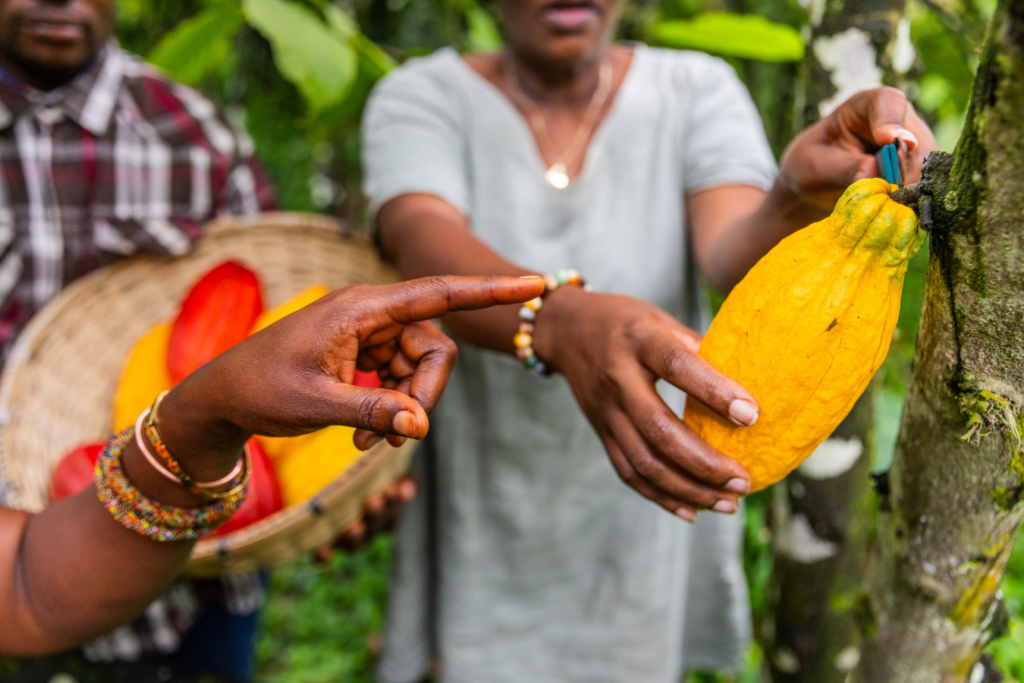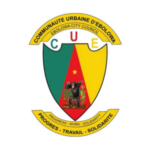Ebolowa, Cameroon
Learn more about Ebolowa's food system below
City overview
The City of Ebolowa is both the capital of the South Region and the Divisional Capital of Mvila, located at 2°54′ North latitude and 11°09′ East longitude. The city is connected to Yaoundé, the capital of Cameroon, by a 168 km asphalt road, taking about 1 hour and 20 minutes from Yaoundé International Airport. It is also linked to the Gabonese and Equatorial Guinean borders via a 120 km paved road through Ambam. Covering an area of approximately 1,500 km², Ebolowa is encircled by hills with altitudes ranging from 630 to 900 m. Mount Ebolowo’o is the most prominent and visible from all parts of the city. The hydrographic network includes natural lakes (like Lake Angalé), rivers, streams, and wetlands, with the Mvila River being the most significant, supplying the city’s drinking water. The climate is equatorial humid, with four seasons and annual rainfall of 1,500 to 2,000 mm, and an average temperature of 25°C. The population is estimated at about 150,000 (75,000 urban and 75,000 rural), with a density of around 21 inhabitants/km², and youth representing the majority.
Status of food and nutrition security
Food and nutrition are critical issues in local city policy. Ebolowa’s economy is primarily based on agriculture, with nearly 80% of the population engaged in production and sales. This agricultural activity provides a diverse array of products in sufficient quantities, including tubers (manioc, macabo, yams, potatoes), bananas, plantains, fruits (avocados, pineapples, plums, papayas, guavas), cereals (maize, groundnuts), and vegetables, all readily available in family plantations and markets. While staple foods are affordable for middle-class families, prices for items like fish, meat, oil, sugar, and milk are higher. Livestock farming and fishing are less common, limiting local supply. Producers are organised into cooperatives, which face challenges in infrastructure, such as poor roads that hinder transportation and outdated markets lacking reliable water and electricity. Climate change has disrupted seasonal production cycles, and only 40% of residents have access to drinking water. Population growth, driven by a new university and buyers from neighbouring countries, has increased demand, making essential foods more expensive. The city is working on new commercial areas and water supply points to address these issues.
Food systems policies and programmes
Ebolowa is recognized as a fair trade town, actively supporting agro-pastoral cooperatives to promote large-scale, environmentally friendly production that respects local culture. The city also fosters initiatives by artisans and cooperatives to enhance local processing, such as providing equipment for cocoa processing and exploring a chocolate-making workshop.
To encourage reforestation for food security, Ebolowa has established a fruit tree nursery that plants 2,500 seedlings annually for distribution to schools and individuals. Agroforestry practices are promoted in cocoa plantations.
Additionally, local youth are being trained in agro-pastoral practices to help villagers adopt these methods and establish their own farms or fish farms. A fish market and a slaughterhouse are under construction to improve meat quality and support the fishing sector. A dedicated street has been created for fruit sales, enhancing access to this vital food source. Furthermore, a project to train women in compost-making from household waste for hut gardens is nearing completion.

Challenges
The pricing of healthy food and food price inflation
Management of local food markets
Food loss and waste
Food safety & sanitation (including safe water)
Urban agriculture and land use
Strengths
General food and nutritional insecurity
Availability of healthy food (preventing food deserts)
Stability of food supply chains
Multi-stakeholder governance processes
Avoiding domestic or regional wars or conflict
Successful initiatives
Organisation of agropastoral fairs to promote local production
The involvement of young people in agropastoral production that creates jobs (Urban special employment programme – SDG’s clubs in schools)
Ambitions and targets in terms of sustainability of the food system
1. Promote sustainable access to drinking water for all
2. Develop structuring livestock projects for the local and sub-regional market
3. Create areas conducive to livestock breeding and diversify production.
4. Improve access to production areas and encourage the flow of products from the countryside to the city

